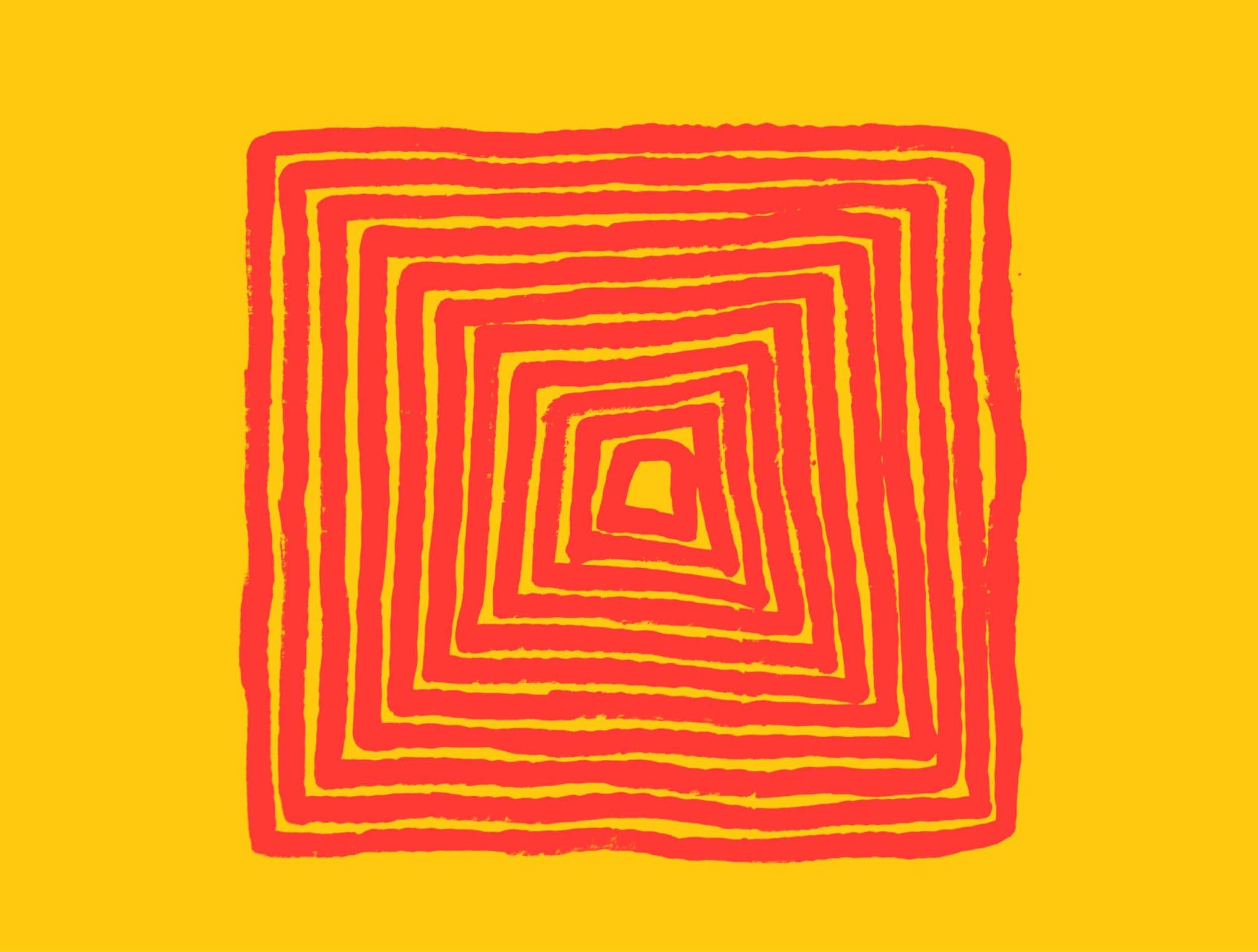Last week Tanya Talaga’s book All Our Relations was released. A Canadian author and journalist of Polish and Ojibwe descent, Talaga has spent much time researching, educating on and advocating for Indigenous peoples in Canada.
All Our Relations is a book concerned with the utterly horrifying rates of youth suicide in Indigenous nations and communities around the world. It explores the central issue of intergenerational trauma and the solutions that are needed if there is any hope of changing the statistics. Talaga focuses on Indigenous nations in Canada while providing snippets of stories about Native Americans, the Sami of Norway and Finland, the Guarani of Brazil, and of course, Aboriginal and Māori peoples.
It’s a heartbreaking book. It is impossible to read about families that have lost three or four children to suicide, about people who die from preventable diseases like strep throat, about those who die in gaol, without shedding tears and feeling an ache that lodges itself deep in your heart. It’s an ache which won’t leave as long as Indigenous peoples around the world suffer the ongoing violence of colonisation, which they always will. I cried in All Our Relations when Talaga wrote about David Dungay Jr. I always will.
“How many times will I have to speak to a mother in North Caribou Lake or Iqaluit or Lac La Longe about the life of a child they have just lost to suicide? How many times will I have to hear the cracking voice of Alvin Fiddler on a small charter flight to yet another funeral of another child in a grieving community?”
Talaga tells stories with little recognition of the lines between past, present and future. In one sentence, she will be writing about the horrifying nature of the Canadian residential school system and in the next, she has connected it to why she’s “cruising down the Albany River in a freezing day in July.” Similarly, the development that is encroaching on the land she walks is deeply connected to the Cree who took care of the land thousands of years ago. She weaves the stories she tells in such a way that it matters very little what time she is in. There is one main distinction: before colonisation, and after.
She tells stories of the fight though, and the progress. She writes about the Quiet Riot of 1987, where Rance Christianson from Kingfisher Lake First Nation alongside his friends at the Residential School was arrested for confronting the teachers who were physically assaulting their schoolmate. She tells stories of the activism, the conferences, the First Nations-led People’s Inquiry which identified issues first hand and put forward actionable solutions for reconnecting people to land and culture.
Indigenous peoples around the world have suffered alongside one another. The similarities are too intense to be remarkable. The Residential Schools and the Indian Act reek of Stolen Generation tactics. The Aboriginal Protection Act invokes the same, cruel assumptions that Indigenous people need to be taken care of, taught what to believe in, how to assimilate. “These policies were influenced by theories of Social Darwinism that portrayed Indigenous people as an inferior race.” Talaga describes these policies as “an invisible anchor around their necks.” She doesn’t hold back in her terminology, using phrases like ‘policy of extermination’ consistently.
There are places where Talaga falls short, however. While it makes sense that the deepest knowledge and the greatest focuses of this book are to do with the Indigenous peoples of Canada – Talaga being of Ojibwe descent herself – it comes at the expense of proper representation of Australian Aboriginal peoples, who she consistently refers to as “Aborigines.” It’s common knowledge that this is an outdated and offensive term; it shouldn’t have slipped in.
Perhaps the most notable problem, however, is the generalisations she makes. A topic which requires such deep, nuanced understanding needs more detail and context than Talaga provides. She writes about substance abuse, petrol sniffing and sexual assault without addressing deeper research that contradicts some of these generalisations, and without addressing the way the mainstream media present issues like these through a lens that doesn’t judge the equivalent behaviour of white Australians as harshly. She simultaneously fails to provide context for the different – not wrong – ways that children are raised in Aboriginal and Torres Strait Islander communities when she writes about the Stolen Generation and ongoing removal of children from their families.
In all other aspects, Talaga is to be highly commended. Her writing style is clear and easy to read, and she has a way of telling the reader what they need to know about policy and history by telling stories about people and communities, who are at the heart of this book.
Tanya Talaga begins and ends the book with four questions. Without them, there is nothing that ties you to the world, and therefore, nothing stopping you from leaving it.
“Where do I come from? Where am I going? Why am I here? Who am I?”





